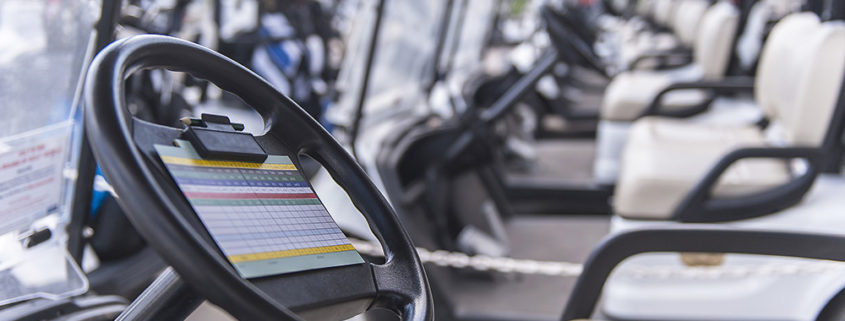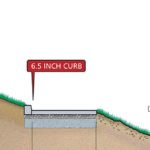In Northern California, a 64-year-old volunteer at a charity golf tournament fell off the back of a golf cart and eventually died of her injuries. The woman’s family filed suit for wrongful death against the charity organizer, golf course management, sponsors and two young persons who operated the golf cart.
The event organizers had set up several stops along the golf course where guests were served alcoholic beverages by sponsors and took part in activities like hula hoop.
A young woman who was asked to volunteer the night before the event was assigned various tasks including serving alcohol. She and a young man were purportedly instructed to run an errand with another young man. All three rode in a two-seat golf cart and stopped at several drinking and activity locations along the golf course. They stated they did not drink, but picked up other volunteers who may have been drinking.
At some point, the young woman sat on one male’s lap sideways and steered the vehicle as he operated the pedals. Four people were crammed into the two seats while two more women, including the 64-year-old decedent, stood on the back of the golf cart where golf clubs are normally carried. The older woman allegedly fell off while the golf cart was moving and hit her head on the concrete cart path. None of the occupants saw how she fell and there were no bystanders who witnessed the fatal injury.
The firm of Michael S. Johnstone, AIA, was retained to review the golf cart accident and the circumstances surrounding the fatal injury. As an expert witness in golf cart accidents at tournaments before, Michael Johnstone focused upon issues of particular significance. Normally, there are specific industry guidelines for golf carts and golf carts paths, while tournaments and other events have additional rules and restrictions. Factors in this case included, but were not limited to: training volunteers in golf cart operation; volunteer supervision; vehicle maintenance and checkout process; exceeding vehicle occupancy; exceeding maxium load; serving of alcohol and consumption of alcohol; speed, incline and weather; required clothing and footwear; securing vehicle after an accident; accident reporting and witness statements; photographs of the vehicle and documenting its location. The case settled prior to going to trial.




